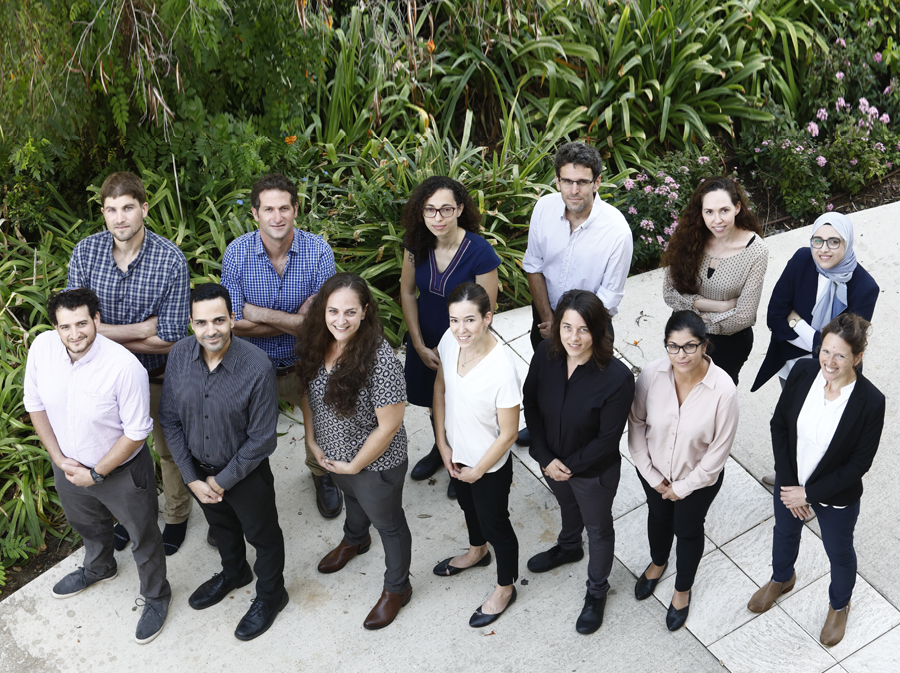We believe that every one of us has the right to learn, fulfill our potential, and make an impact
About the program
The Mimshak Program: Implementing Research in Government in the Field of Developing a Policy for Maximizing Higher Education
To advance data- and science-based decision-making that is informed by current global trends to address the challenges facing various arms of the government, there is a salient need to expand the tools available to public-sector decision-makers for process analysis, resolution of complex issues, and the planning and adoption of policies. This need is of vital importance in the area of young adults, especially with regards to optimizing higher education towards employment, as there is no single governmental body charged with overall responsibility for this field – which is currently distributed across government agencies, which do not have access to the full picture.
For the past seven years, the Mimshak (“Interface”) program has trained outstanding PhD-level researchers as consultants and scientific managers in the public sector. Each year, the program places 10-12 researchers as scientific advisers to senior public sector officials, who serve as mentors to the program’s fellows during their year at the government body in which they were placed. The scope of the internship is four days a week, with the fifth day devoted to studies geared at expanding the fellows’ knowledge of the public arena and developing management skills, problem solving abilities, and leadership.
Founded by the Israeli Association of Ecology and the Environment, the program has, so far, focused on the environment, in the broad sense of this term. It is now expanding into the field of higher education for peripheral populations, with the aim of promoting the authorities’ involvement in this area and extending their work on various aspects of the issue. As part of the project’s expansion, 3-4 fellows are selected annually, and are integrated in relevant government bodies, including, for instance, the Ministry of Labor and Social Welfare – where they address the employment of academics from peripheral populations, strategic aspects of the changing labor market, and shaping and implementing reform in the technological colleges; the Ministry of Social Equality – in aspects related to economic development in minority sectors and the strategic development of the Young Adults’ Authority; the Council for Higher Education; the Civil Service Commission, and others.
Goals
- Training a pool of experts in the field of higher education in Israel to serve in the public service, who will work to make scientific knowledge accessible to government agencies and to provide direct assistance to central and local government authorities.
- Implementing scientific knowledge in relevant decision-making and policy-shaping processes, by placing researchers with the appropriate background and expertise in central junctions and at the service of senior public officials.
- Expanding the relevant government agencies’ engagement in the field of higher education and in setting appropriate, data-based policies.
- Enriching the diversity of Mimshak fellows, by selecting candidates from among peripheral populations
Mode of operation
The program is designed for outstanding PhDs with background in multidisciplinary research in the field of higher education and others. Applicants are selected through a rigorous screening process that includes scientific/professional aspects, alongside leadership and process conduction skills. Following the screening process, each fellow is interviewed by government ministries and agencies, according to his/her preferences, and selected by each ministry.
The program is held over ten months and is tailored to the progress of the fellows in the government agencies. It includes specialized training in such topics as public policy, government, law, planning, economics, management, and personal skill development, alongside the internship and hands-on work in policy determination at the various government offices and public agencies.
In the numbers
leaders and experts on higher education
and its access to peripheral populations
education are placed in public-sector
agencies each year
Gallery





